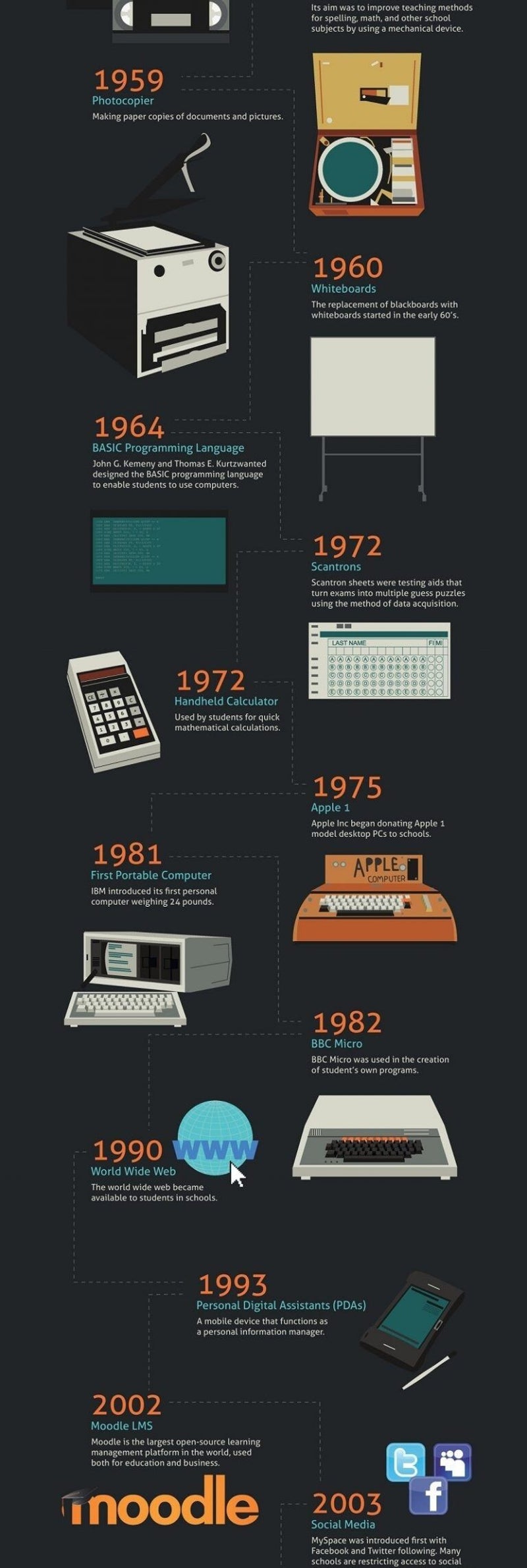
Introduction:
Artificial intelligence refers to computer or digital devices' ability to perform operations and tasks through rational thinking, often aiming to create systems with human-like cognitive abilities. It has become a valuable tool for data gathering and making new discoveries in various industries such as technology, banking, marketing, and entertainment. The application of AI has already yielded significant advancements, and as more businesses and industries adopt this approach, it is expected to drive technological and societal progress. This essay will explore different aspects of AI, including current uses, security, ethical and social implications, and future uses.
Current Use:
Artificial intelligence (AI) has become increasingly prevalent in our everyday lives, thanks to the accessibility of information online and the advanced technology available today. AI is used in many areas, including cars, smart homes, web searching, and the Internet of Things. This technology has replaced conventional means of communicating and transacting, as cloud storage has replaced shipping containers and warehouses. AI has the potential to change our way of life by improving communication, navigation, understanding, and learning. This progress has led to economic growth, and continued development and knowledge of AI will lead to further discoveries and economic success.


Security and it’s concerns:
The paragraph discusses the potential risks of artificial intelligence (AI), such as invading personal privacy and seeking confidential information. An experiment involving the AI chatbot Tay demonstrated the potential for AI to be taught negative behaviors. The lack of trust between users and AI has resulted in a need for better security and data protection. However, AI can also be used for detecting viruses and hackers, making it an essential tool in industries that rely on global transactions. As AI becomes more prevalent, security will become an increasingly important priority for users.
Social Implications:
The development of AI has allowed societal progression to occur after the Covid-19 shutdown. While some argue that AI poses serious privacy risks, costs a lot, and increases unemployment, others believe it improves the quality of life by making complicated processes and tasks easier, safer, more efficient, and sometimes better than humans. The adaptation and efficiency created by technology have shown to create progression and development among society, as it increases the quality of life. Although there is no definite answer on whether AI is beneficial towards societal change, post-Covid, AI has allowed for many opportunities such as jobs and telecommunication across international borders, presenting the idea that AI has had a superior societal impact.


Ethical & Legal Issues :
The use of artificial intelligence (AI) has raised ethical concerns regarding privacy, respect, and justice. However, as AI technology advances, it has become safer and transparent, ensuring the safety of users' information. In implementing AI, it is important to consider legal consequences, such as liability, protection of data privacy, intellectual property rights, agreements, and competition laws. Companies who embrace the challenges of AI by finding solutions that abide by laws and regulations are thriving due to the opportunities that AI presents.
Future Uses:
As we look to the future of artificial intelligence (AI) and what it has to offer. I believe that the application will not become obsolete in the future and will continue to develop with new uses and discoveries. The implementation of AI will replace some human activity, but it will also create new job opportunities and benefit the human work environment by removing harsh labor. Post-Covid, AI has created new jobs with telecommunication and international work due to its efficiency.

Create Your Own Website With Webador